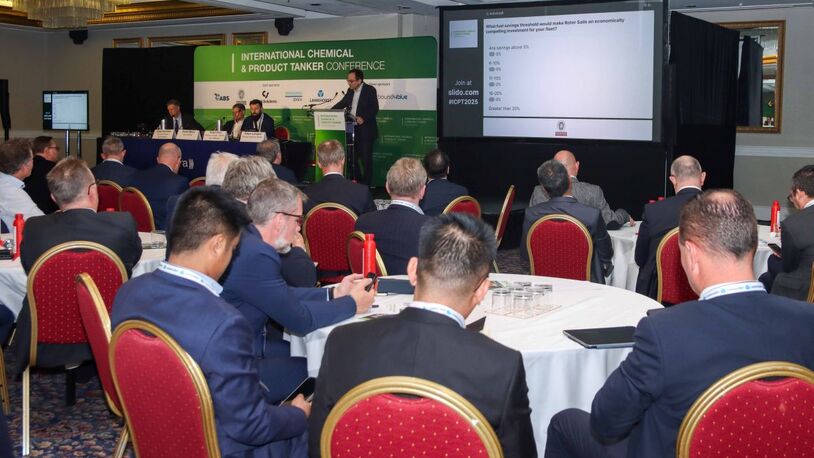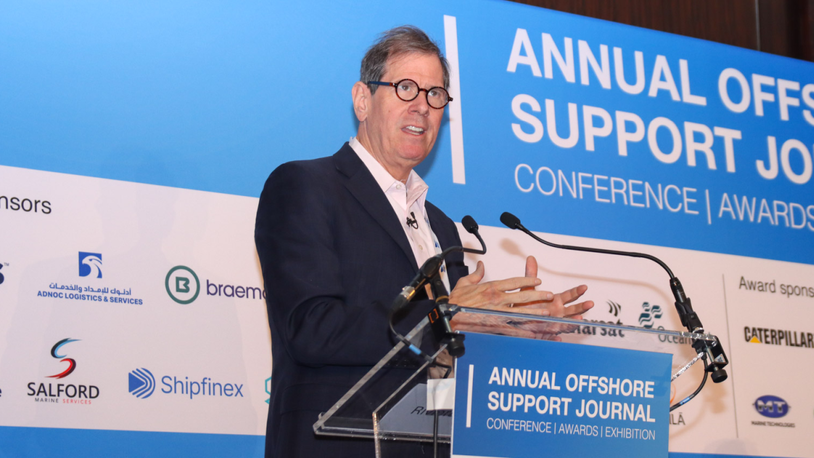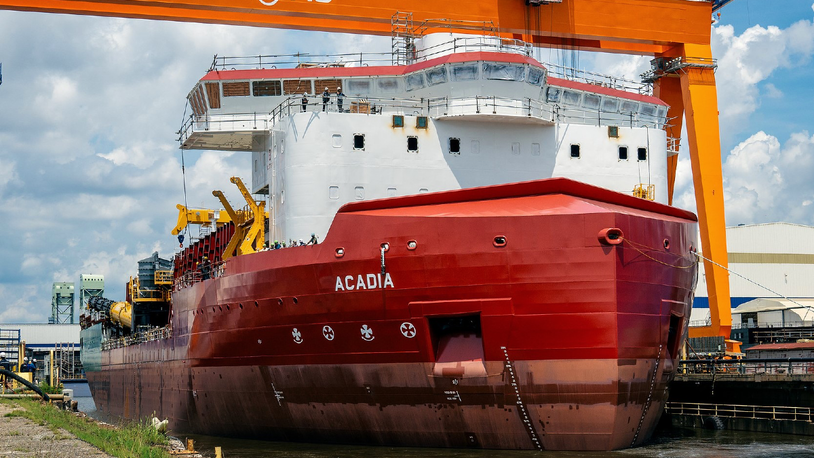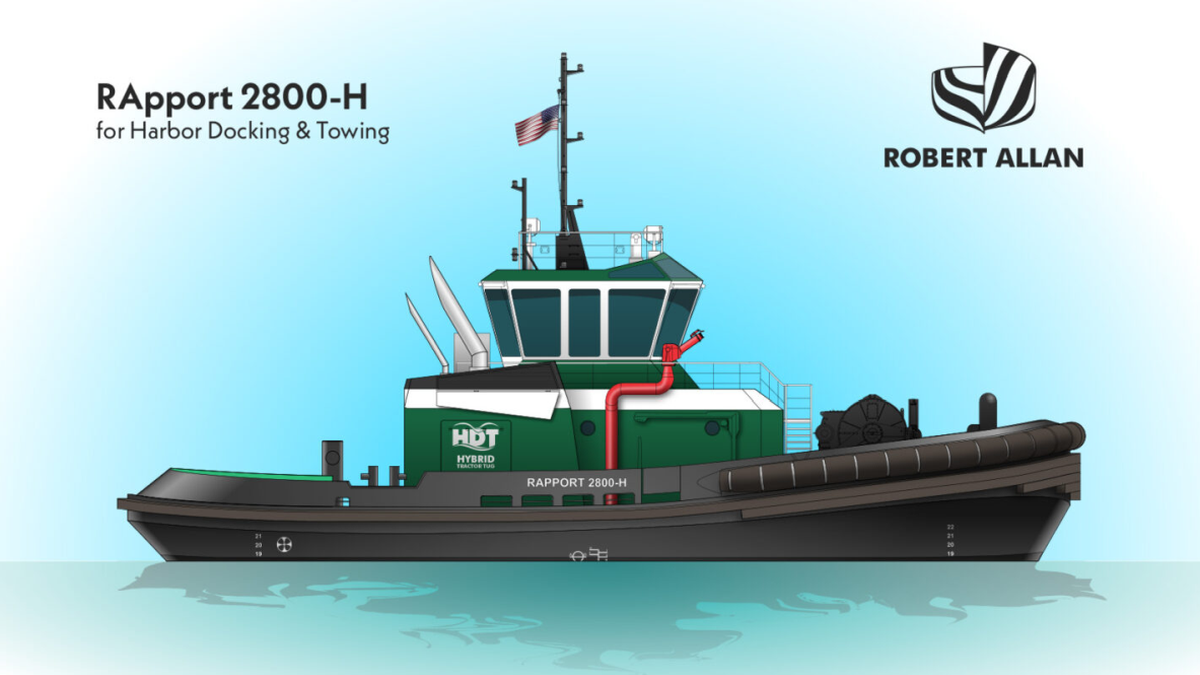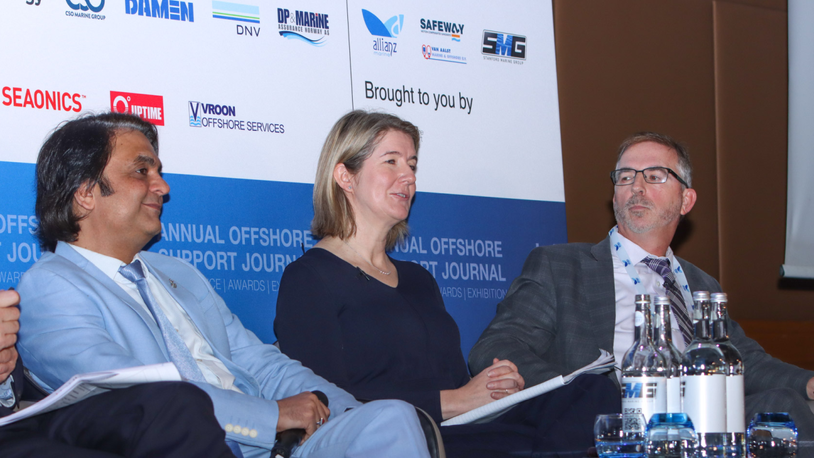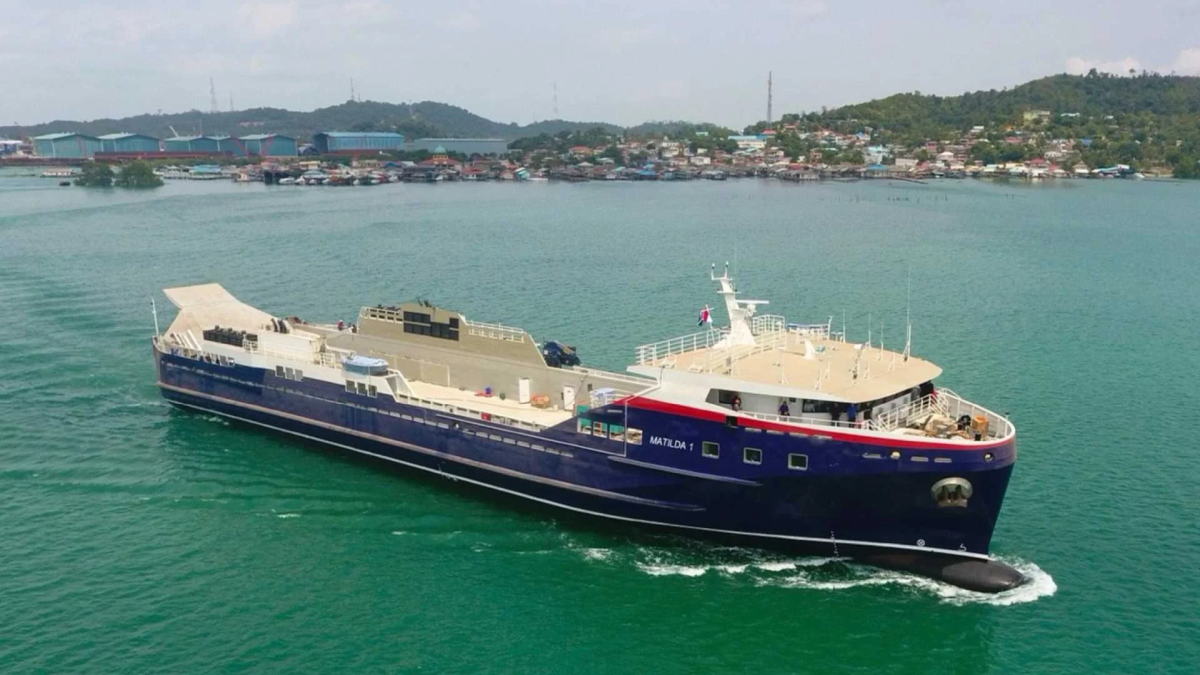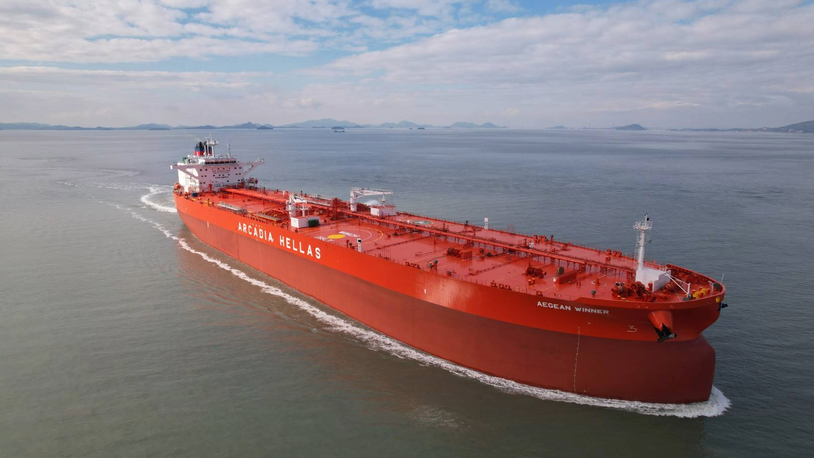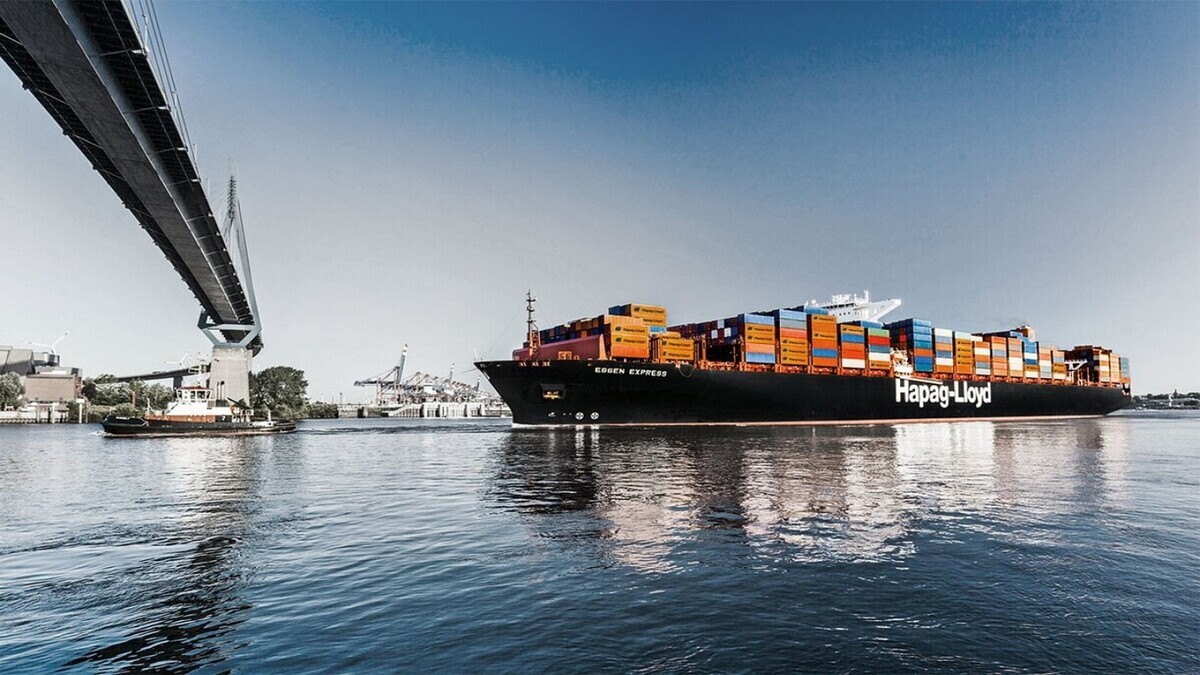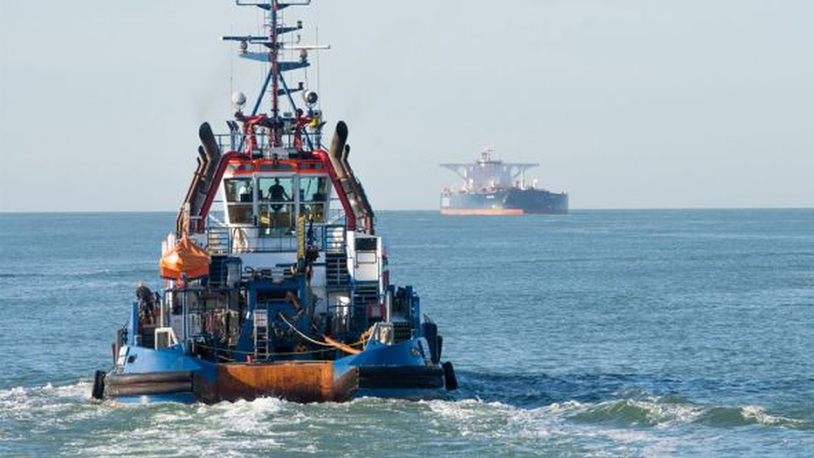Business Sectors
Events
Contents
Register to read more articles.
What keeps chemical and product tanker owners awake at night in 2025
Polls and anonymous question reveal the key concerns for chemical and product tanker owners, with decarbonisation, technology adoption and regulatory compliance at the forefront
Chemical and product tanker owners are facing increasing pressure to meet decarbonisation targets, adopt new technologies and navigate the complexities of evolving regulations. Insights drawn from the Bureau Veritas-sponsored Slido polls and anonymous questions posed at the International Chemical & Product Tanker Conference 2025 shed light on the challenges that keep owners and operators awake at night.
These concerns are centred on the practicalities of alternative fuels, the performance of emerging technologies, and the financial implications of regulatory compliance.
One of the most prominent issues is the transition to alternative fuels, with 42% of delegates identifying decarbonisation as a primary concern. The shift towards fuels such as ammonia, hydrogen and biofuels is seen as essential, yet delegates were cautious about the feasibility of scaling the necessary infrastructure.
The complexity of retrofitting vessels and the high capital expenditure required were frequently mentioned.
Moreover, 38% of delegates indicated the long payback periods for green technologies, especially with low oil prices, are creating tension between environmental goals and financial viability.
Wind propulsion systems, such as rotor sails and suction wing technologies, also emerged as key discussion points. While these technologies have shown potential to reduce fuel consumption, 34% of respondents expressed uncertainty about their real-world applicability, especially for shorter voyages or areas with inconsistent wind. The technology’s effectiveness in varying operational conditions remains a concern, with owners seeking more data on the economic benefits of such systems.
Despite this, 30% of delegates believed these technologies could be part of the solution to help the industry meet emissions targets.
Shore power, which allows vessels to plug into land-based electricity during port stays, was another significant topic of discussion. According to the polls, 36% of delegates recognised shore power as a crucial step in reducing emissions during docking, but there is still resistance, particularly due to the lack of standardisation across ports.
This challenge was highlighted by 29% of respondents, who also pointed out the high infrastructure costs associated with implementing shore power. To address these issues, 24% of delegates suggested exploring models like ’shore power as a service,’ where port authorities provide shore power on a pay-per-use basis, potentially making the system more financially viable for operators.
When it comes to regulatory compliance, IMO’s Net-Zero framework and the EU’s FuelEU Maritime Regulation were identified as key sources of concern. A substantial 41% of delegates expressed worries about the financial strain imposed by new regulations.
The uncertainty surrounding the timing and specifics of future regulatory measures leaves owners unsure about how to prioritise investments in compliance technologies. Another 28% noted the complexity of navigating overlapping regulations, which could potentially increase operational costs, especially if the rules do not align across regions.
AI and digital tools are increasingly seen as essential to improving operational efficiency, but only 23% of delegates had fully implemented these technologies across their fleets. While there is interest in using AI for voyage optimisation and fuel management, 21% of respondents raised concerns about how these technologies might affect crew situational awareness.
As more digital tools are adopted, 25% of delegates called for better training and human-AI collaboration to ensure safety and efficiency are not compromised.
The workforce challenge is also evident, with 27% of delegates emphasising the need for comprehensive crew training programmes to support the adoption of new technologies. However, the cost and time associated with training were highlighted as significant barriers, particularly given the global shortage of skilled crew members.
Looking forward, the next steps for the chemical and product tanker industry will involve balancing decarbonisation with financial feasibility, adopting new technologies while ensuring their performance, and aligning with regulatory frameworks that are still evolving. As delegates at ICPTC 2025 expressed, there is a clear demand for concrete, actionable solutions that can address these challenges.
The results of the polls highlight the urgency of tackling these issues and suggest while the industry is eager to move forward, much work remains to be done to ensure a smooth transition.
The International Chemical & Product Tanker Conference 2025 was supported by Gold sponsors ABS, BV, Coach Solutions, DNV and Lankhorst. Silver Sponsors were Anemoi and bound4blue with support from organisations IPTA and Intertanko.
Riviera’s Tanker Shipping & Trade Webinar Week will be held from 30 June 2025. Click here to register for this free-to-attend event.
Related to this Story
Events
Maritime Regulations Webinar Week
Floating energy: successfully unlocking stranded gas using FLNGs and FSRUs
© 2024 Riviera Maritime Media Ltd.

